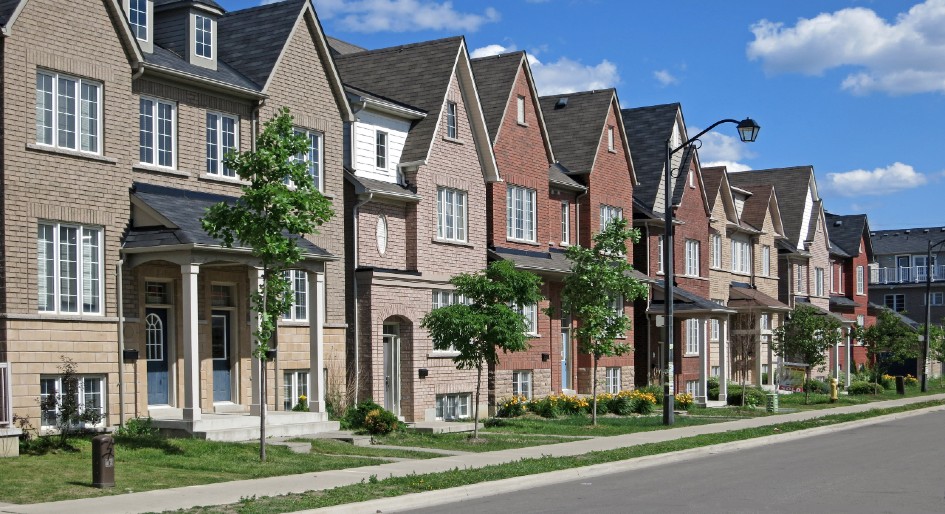Demand for affordable, ground‐oriented housing options has been robust since the start of the pandemic. Altus Group’s latest report shows that townhouses have captured a larger share of the new home sector and demand is up or stable in many cities across Canada.
As the markets deal with the second wave of COVID‐19, low interest rates, increased home buying intentions and shifts to flexible work, a few factors are expected to keep townhouse demand resilient in 2021.
Many millennials delayed forming families and are in search of affordably priced options with room to grow, in a family friendly built form. Given the single‐family price affordability challenges in the major markets, and economic uncertainty resulting from the pandemic, demand for affordable townhouses is anticipated to continue to grow.
Since fall 2019, intentions to buy have risen among current renters across the country, except in Manitoba and Saskatchewan. Demand has been strongest in the suburban regions of the major metropolitan areas where prices for townhouse units are often lower than two‐bedroom condo apartments in more central areas. New townhouse buyers are said to be a diverse group, but the built form is becoming increasingly popular with younger consumers with or without children.
All this being said, the supply of townhouse land remains scarce, the report states. As a key component of the ‘missing middle,’ this land is often prohibitively expensive in urban areas.
City views
Vancouver saw townhouse volumes double 2019 levels, with strong sales occurring at affordably priced townhouse developments in Surrey, Langley and Coquitlam.
In Calgary and Edmonton, sales were down slightly in 2020, but have been comparatively robust given the weak economy in Alberta.
The Greater Toronto Area has seen a sharp increase in demand for all single-family built forms, but townhouse activity has seen the biggest improvement over 2019. Outside the GTA in the broader GGH, townhouse volumes are the highest recorded since tracking began in 2014.








